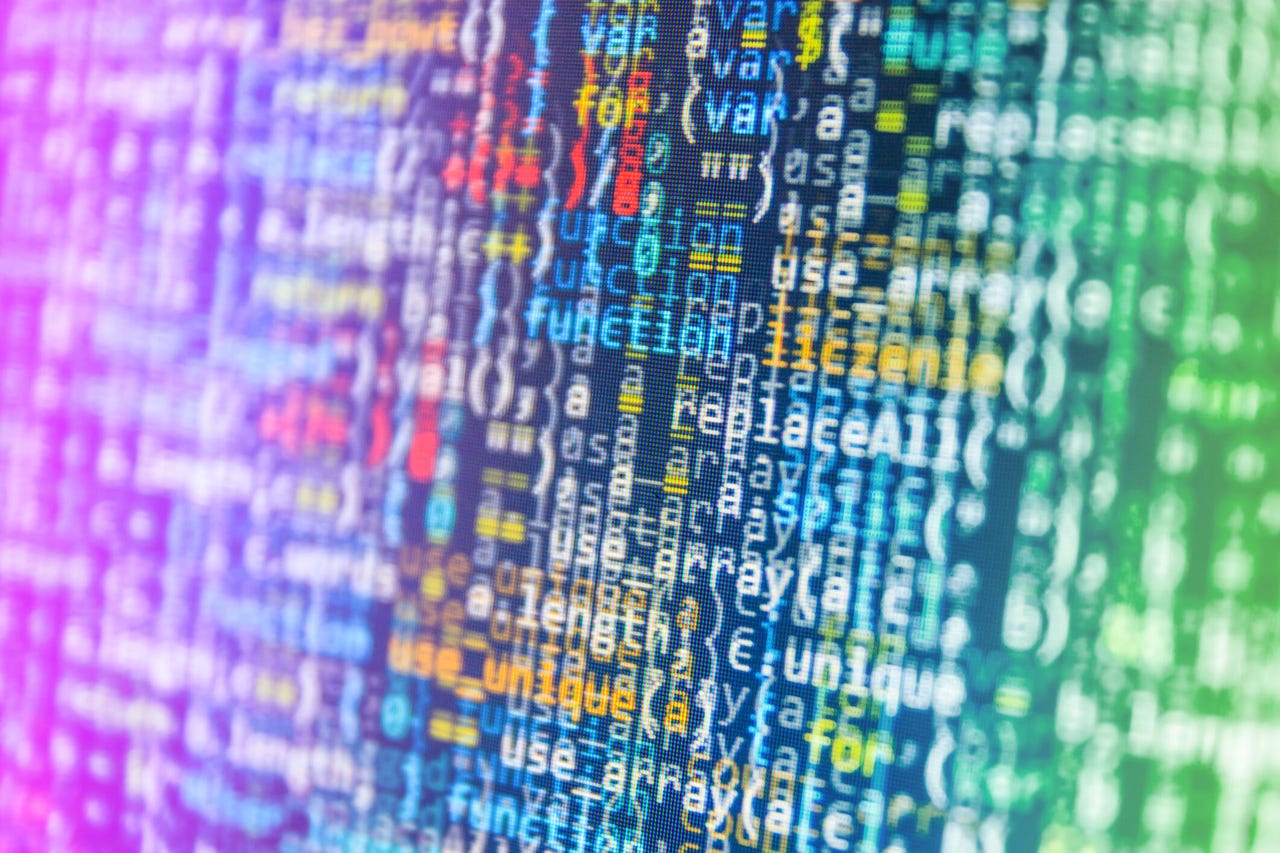
ZDNET’s key takeaways
- Wall Street fears AI models will replace all packaged software.
- AI models’ coding ability is still very mixed.
- Software executives are positioning their firms to be survivors.
The modern software industry has existed for 50 years, since the founding of Microsoft in 1975.
“Bill built the first software company in the industry,” said late Apple co-founder and CEO Steve Jobs in 2007, referring to Microsoft co-founder Bill Gates. “Bill was really focused on software before almost anybody else had a clue that it was really the software.”
Also: Microsoft at 50: Its incredible rise, 15 lost years, and stunning comeback – in 4 charts
Now, a notion is rapidly gaining steam on Wall Street that commercial software vendors may be doomed by the rise of artificial intelligence.
With their rapid improvement in code generation, so-called frontier AI programs such as OpenAI’s GPT-5 can potentially automate the creation of all software code. This could enable corporations that buy software from packaged software vendors to create all their code internally and stop paying the software vendors.
(Disclosure: Ziff Davis, ZDNET’s parent company, filed an April 2025 lawsuit against OpenAI, alleging it infringed Ziff Davis copyrights in training and operating its AI systems.)
Also: AI agents will match ‘good mid-level’ engineers this year, says Mark Zuckerberg
Speculation has been fueled by the views of tech’s biggest players, including Mark Zuckerberg of Meta Platforms, who in January told Wall Street analysts during his company’s earnings conference call that “2025 will be the year when it becomes possible to build an AI engineering agent that has coding and problem-solving abilities of around a good mid-level engineer.”
Wall Street is worried
That view has filtered down to the analysts themselves, whose job is to compile forecasts of how much money the industry may make.
In a report last Friday, stock analyst Gil Luria of the boutique securities firm D.A. Davidson said investors are asking, “Does GPT-5 signal the beginning of the end for software?”
Luria, who rates the shares of publicly traded software companies including Snowflake, Datadog, JFrog, and others, notes that the day after GPT-5 was announced, many of the stocks he covers fell sharply.
Also: OpenAI’s GPT-5 is now free for all: How to access and everything else we know
The value of commercial software to the software buyer, writes Luria, is always based on the answer to a single question: “How many people would I not need if I bought the software?” In other words, packaged software increases productivity by providing a tool for getting more done with fewer people.
Luria thinks packaged software still has a role, especially programs that help manage code repositories, such as Datadog’s DevOps.
But, he writes, buyers’ sense of the productivity of packaged applications “could change if AI agents start carving off tasks from employees.”
Also: The best AI for coding (including a new winner – and what not to use)
Already, he observes, “the notion that application software will not endure has paralyzed many customers from making long-term commitments” to software contracts.
It matters little that GPT-5, as ZDNET’s David Gewirtz relates in his testing, is actually a step backward in coding ability. Whatever the shortcomings of an individual frontier model, Wall Street is increasingly impressed with the overall ability of artificial intelligence models to generate code.
Every new model, from OpenAI or any of its competitors, will doubtless advance that general capacity, at least incrementally. As Gewirtz also notes, GPT-5 did “provide a jump” in the analysis of code repositories, even if it wasn’t “a game-changer.”
Big Tech’s execs see a paradigm shift
The sense that something is changing is held by some of the top executives in the tech industry. Hock Tan, the legendary CEO of chip maker Broadcom, has been telling people that after spending over $100 billion in the past decade buying software makers VMware, Symantec, and CA Technologies, he no longer intends to buy any software makers.
“Hock Tan from Broadcom just did a meeting with a couple of my colleagues last week,” recalls Paul Wick, a fund manager who manages $17 billion for mutual fund giant Columbia Seligman, and whose funds own Broadcom stock.
Also: I tested GPT-5’s coding skills, and it was so bad that I’m sticking with GPT-4o (for now)
According to Wick, who was interviewed in the investment newsletter The Technology Letter last month, Tan told Wick’s associates “that Broadcom was not going to be making any more software acquisitions because of his concerns that AI had the potential over time to significantly damage the value of software” by automating all that would ordinarily be packaged applications.
Asked if he shared the view, Wick replied, “I think down the road, 10 years from now, that’s a very real risk. It’s hard to say.”
Tan’s view is not to be taken lightly. His firm helps Google build its custom “TPU” chips to process AI, so he has good access to industry trends.
Software makers are positioning themselves to be survivors
Software executives, for their part, are positioning their companies to be survivors, even if they are skeptical of the premise of the demise of commercial software.
Also: GPT-5 bombed my coding tests, but redeemed itself with code analysis
“I think the companies that learn how to leverage AI will out-compete the ones that don’t,” said Spenser Skates, founder and CEO of software maker Amplitude, in an interview with The Technology Letter last week.
“There will be a need for software,” said Skates. “Someone is still going to need to tell the AI what to do, and create it, and be an expert in the problem.”
Added Skates, “We actually have this joke internally” at Amplitude. “AI will replace my job and yours, and all of our jobs, before Amplitude doesn’t become valuable.”
